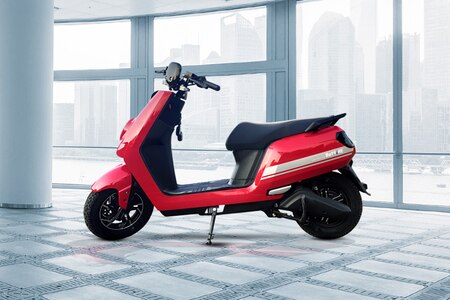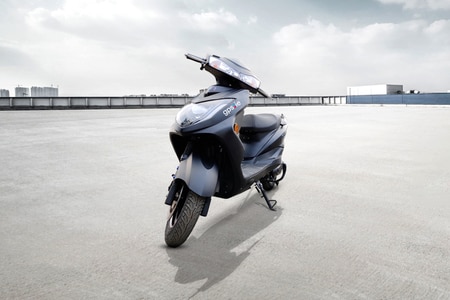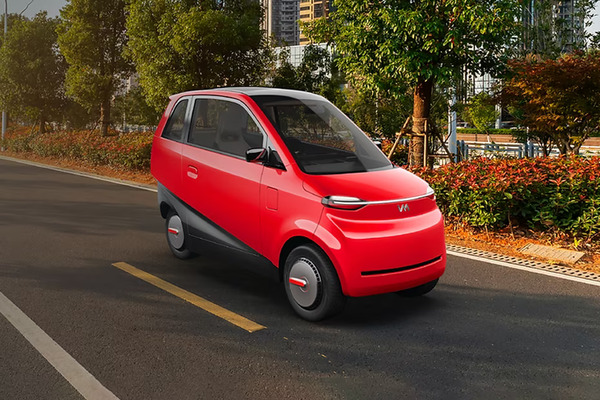Fleet electrification to be biggest contribution in decarbonising road transport
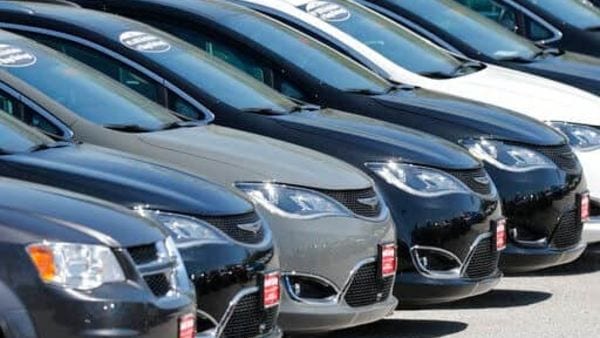

Fleet electrification will make the biggest and fastest contribution to the decarbonisation of road transport and offer significant upside for the fastest movers, according to a study by consultancy firm EY and Eurelectric.
In India, with new regulations progressively more stringent, automobile manufacturers will need to execute strategies to span the entire spectrum from conventional diesel and petrol powertrains to electric/new gen mobility fuel to deliver low or zero-emission vehicles.
Also check these Vehicles
As per the study -- Accelerating fleet electrification in Europe: When does reinventing the wheel make perfect sense? -- by EY and Eurelectric, globally evolution in transport is at an inflection point, promising huge environmental benefits.
Eurelectric represents interests of the European electricity industry.
Also Read : Government to launch policy on advanced battery tech to power EVs: Nitin Gadkari
"Regulatory pressure has increased for road vehicles, with new carbon dioxide (CO2) emissions standards for automakers coming into effect across Europe. Meanwhile, Covid-19 economic recovery packages largely focus on carbon-neutral and renewable energy solutions that together have favoured the shift to eMobility," the study said.
In the 11 months to November 2020, a landmark one million vehicle sales in Europe were either pure electric or hybrid models – accounting for one in every 10 passenger cars sold, it said adding, "this is a significant turning point in moving toward achieving 30 per cent–40 per cent electric vehicle (EV) sales volume by 2030, putting Europe's carbon-reduction targets within reach".
Also Read : China's Geely sets out to become a force in electric cars)
As far as India is concerned, EY India Partner and Leader, Automotive sector Vinay Raghunath said, "With new regulations becoming progressively more stringent, automobile OEMs need to execute strategies to span the entire spectrum from conventional diesel and petrol powertrains to electric/ new gen mobility fuel".
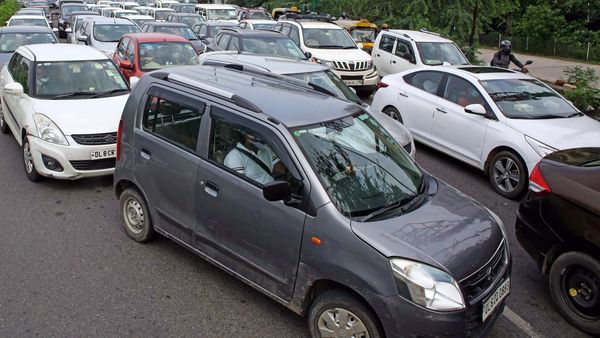

That will call for significant investment and innovation across the automotive ecosystem, as well as disruption to their long-standing supply chains to deliver low or zero-emission vehicles, he added.
Stating that transition of transport to electricity is no longer a distant dream, EY India Partner and Leader -- Power and Utilities, Somesh Kumar said, "It is a reality that we are bound to embrace sooner than we expected. Not only does this enable our overall decarbonisation goals but it also promises to be far more efficient, both economically and operationally".
India has done a lot to promote electrification of transport starting from policy and incentive framework to provide the right platform to interested players, he added.
"We just need to keep the momentum on. As we move along, we will see a far greater push by the market itself to accelerate the move and we need to be ready to address it quickly and effectively," Kumar said.
Also Read : Toyota to unveil two new EVs for US market that will go on sale in 2022
The study pointed out that Europe's fleet sector, though relatively small at 63 million vehicles (20 per cent of Europe's total vehicle), is disproportionately damaging to the environment. It accounts for more than 40 per cent of total kilometres travelled and half of the total emissions from road transport in Europe.
"...the lessons learned from accelerating fleet electrification such as the development of sustainable business models that support charging infrastructure investment and integration of smart charging capability, will enable the wider secondary and passenger vehicle market to transition quicker. It, therefore, makes for the biggest and most impactful test case," it said.
How soon countries decarbonise will determine climate, health and environmental outcomes for decades to come. To achieve this ambition, accelerating the transition to fleet electrification is essential, the study said.
"To enable this, policy goals need to align with commercial opportunities around cohesive regulation; new funding models for public and private charging infrastructure; a fresh focus on the end-to-end supply chain; improving consumer confidence by boosting physical infrastructure; and a seamless digital interface from vehicle to grid," the study added.








 3.1 kWh
3.1 kWh 60 km
60 km